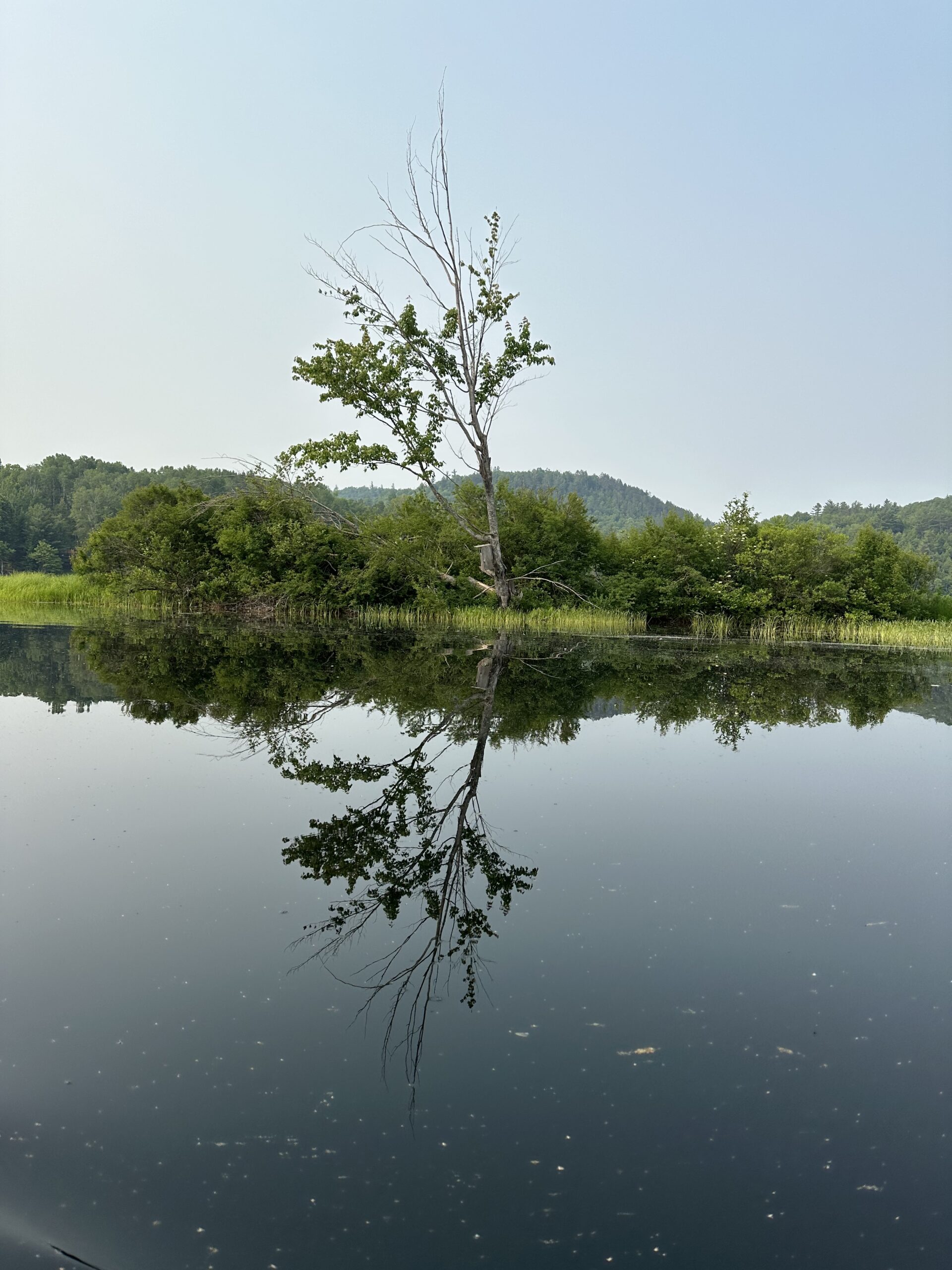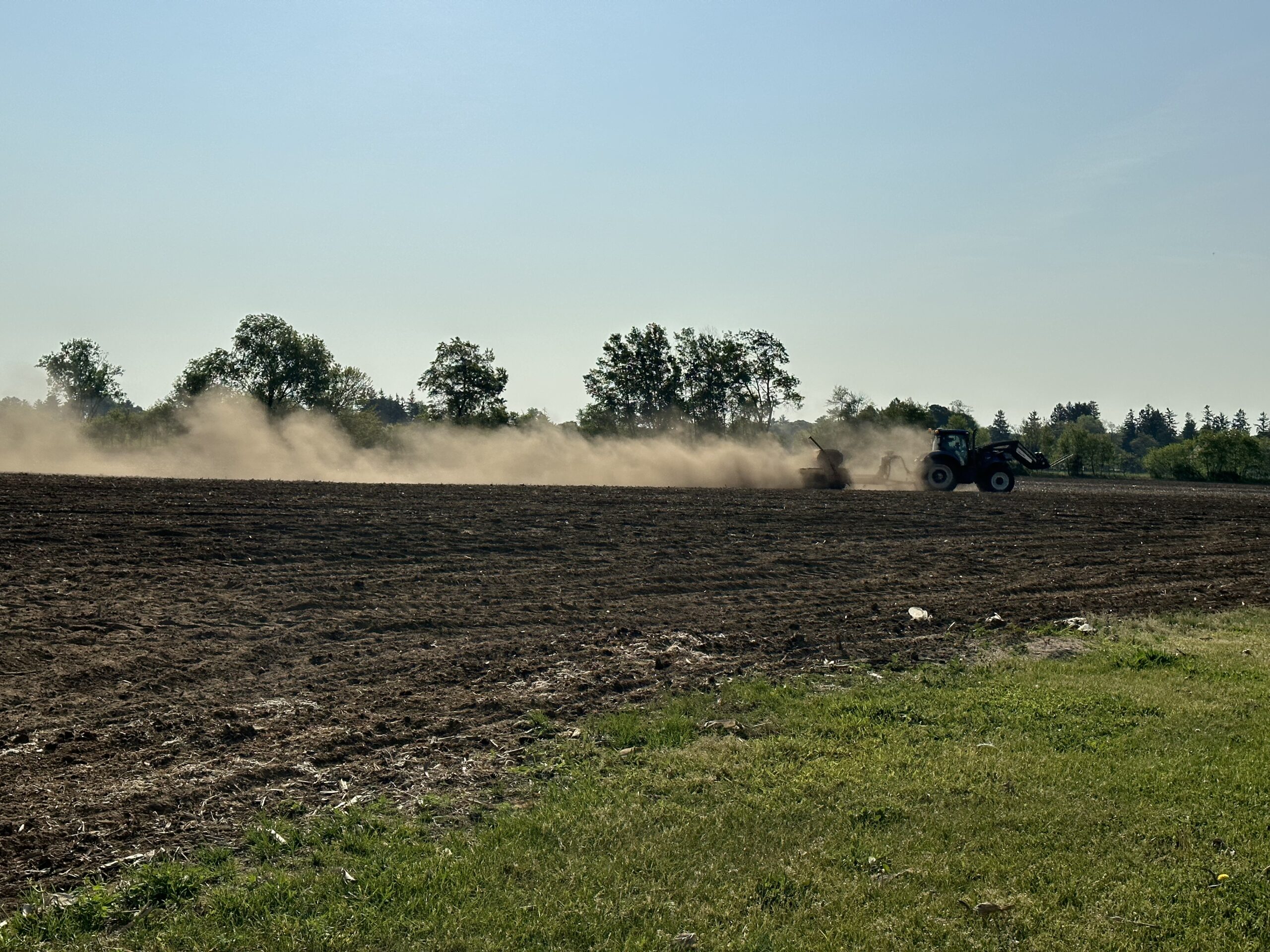I‘m writing this in Toronto, sitting at a picnic table bench, on a patio behind a modern café. Two magic tokens are tucked somewhere in my bag. Last night, I stood on a stage in front of a room full of people and read from my essay “Navel-Gazing, a Revolution & a Love Story: The Importance of the Self and Stories of the Marginalized” recently published in the Humber Literary Review where I argue for the importance of personal narratives. I point out that the dismissal of those narratives by the literary community, with insults such as “navel-gazer!”, is just another way of silencing marginalized groups. In the piece, I weave in the narrative of witnessing a female friend fall in love with another woman, and I mistakenly insert myself into their narrative. This is perhaps my way of saying just because you don’t identify or see yourself in a story doesn’t mean the story isn’t of value. Quite the opposite. The morning of the reading, I was paddling the 5 km perimeter of my cottage lake, my writing friend a distant paddle board dot. We spent two glorious days together writing, and during that time my friend received some difficult news.
The cottage lake was still. The air held its breath. And paddling in my kayak, I could see the rows upon rows of trees layering the hills, and I could see a specific cluster of towering white pines reflected in the water in front of me. That reflection, I thought, it’s real. The reflection in my computer screen less so. Real in the sense of nature; nature that is true and good and right and calming. No artifice. No tricks. Yet, infinitely more magical. I could see the benefit our surroundings were having on my friend. I could see that being together, when receiving difficult news, is better than being apart.
I believe in the magic of the natural world, but I also believe in other forms of magic, too. I believe in magical thinking. I believe in the magic of each other.
A long-time friend of mine showed up to my reading, along with her three kids—her youngest being three. When I posted the event and invited the world to attend, it somehow didn’t occur to me that I’d be reading in a bar. Bars generally being unwelcoming places for small children of which my friend has three. When she asked me if she could bring them beforehand I didn’t hesitate, “Looking forward to seeing you!” I texted back, oblivious. The alternative being that she didn’t come. My own kids wouldn’t be there. The bartender is thankfully gracious and inviting, the literary crowd friendly, the kids well-behaved, my friend a trooper.
Right before my reading, her youngest, hair combed and pulled into several adorable buns, gives me a thumbs up and an eye wink. “Is this the show?” she asks me. “Yes,” I tell her with a smile as the land acknowledgement is read. “She’s going to be so disappointed,” I whisper laugh with my friend.
But as it turns out, my friend will text me the next day that they had a great time and “even the kiddos enjoyed themselves.” As it turns out, you can will an experience to bring you joy, even when it risks not being so, just by being together. As it turns out, there can be magic in a room, on the stage, and I’m talking about the magic of other people and their willingness to love you.
I read alongside a Giller Prize-nominated writer and spent a long time later talking to another writer whose short story collection was nominated for the Danuda Gleed Award. Both prestigious literary prizes in Canada. Maybe their sparkle will rub off on me? Does literary magic work that way? I hope so. Later, on my Uber ride home back to my friend’s where I will stay the night, I tell the driver all about the evening. I will then recall that I talk quite a bit, and that my writing friend and I had laughed about this at the cottage on our drive home. The driver will encourage me, “It’s okay, writers should talk a lot.” And that, in itself, will be a sort of magic. “Yes,” I agree, “writers need to have an opinion, something to say.” I recognize the difference between talking too much and having something to say.
And perhaps the thing I have to say is that when I’m done writing this post, I will be heading to the hospital with my daughter—again. This time, planned. This time, welcome. As much as a hospital trip can ever be. Dental surgery overdue. Dental surgery that we hope will bring her and us much needed relief. And there is a magic in the doctors who are magicians of life and there is a magic in relieving my daughter’s pain, which is real, as real as my own that transpires on her behalf. Because she is a part of me.
Before the reading, at my writer friend’s gorgeously renovated high park home, she will descend the staircase in a flurry and hold two tokens up in front of me. “These are for you,” she says. I am awestruck by the gift of these good luck talismans whose dulled shine have passed many hands. How thoughtful. I look to her, grateful. “For my reading?” I say in earnest, “for good luck?”
“No,” she says, “for the subway!”
My magic tokens, I will call them, clutching them both in my hand. Talismans of good luck. And when we arrive at the subway gates, on the way to my reading, the tokens are no longer accepted and the security guard magically opens the gates and lets me pass for free with a wave of his hand.
The night is a success; the reading goes off without a hitch. The children are mesmerized. The crowd a delight.
Simply by believing they would, the magic tokens hold their promise



